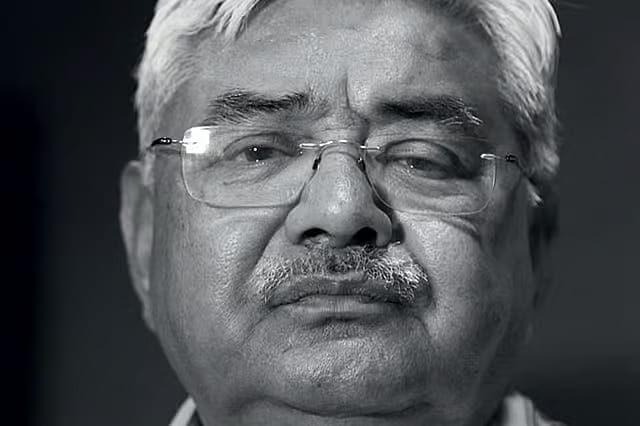VHP will focus on freeing Kashi and Mathura sites

The Vishwa Hindu Parishad is not going to involve itself in any agitation or legal proceedings beyond the “liberation” of the Hindu shrines it claims at Mathura and Kashi despite other mosque-temple disputes such as the ones at Sambhal in Uttar Pradesh and Bhojshala-Dhar in Madhya Pradesh.
While warning against attempts to whip up sentiments over the Supreme Court ruling that substantially upheld the Waqf reform law passed by Parliament, VHP president Alok Kumar said the organisation will pursue legal proceedings to establish full rights of Hindus to worship at the Krishnajanmabhoomi and the Kashi-Vishwanath complex.
“We will continue to follow the resolution passed the 1984 Dharma Sansad that called for the handing over of the sites at Ayodhya, Mathura and Kashi to the Hindus. The dispute over the Ramjanmabhoomi site has been resolved. We will continue to adopt all constitutional means to seek control of the sites at Mathura and Kashi,” Kumar told Open.
The cases relating to Mathura and Kashi are currently embroiled in litigation and the VHP is involving in monitoring their progress, said Kumar. Asked about the Sambhal and Bhojshala cases, he said, “VHP does not have a role to play there. The matter is related to litigants involved in those specific disputes, not VHP.”
The disputes over the Kashi Vishwanath temple-Gyanvapi mosque in Varanasi and the Krishna Janmabhoomi-Shahi Idgah in Mathura are in courts. The matters are bitterly contested as the Muslim side has opposed surveys by the Archaeological Survey of India and rejected its preliminary reports for Kashi. Efforts to find negotiated settlements have failed and Muslim litigants, having rejected Hindu claims, have dug in for a prolonged legal battle.
AIming High
20 Feb 2026 - Vol 04 | Issue 59
India joins the Artificial Intelligence revolution with gusto
Though courts have allowed surveys to be conducted it will be a while before they pronounce on the claims made by Hindu and Muslim parties. In the case of Mathura, the Supreme Court has stayed the ASI survey order by a lower court. There are records, including Mughal court accounts, indicating the destruction of the original temples during the reign of Mughal emperor Aurangzeb.
The VHP’s iteration that it is concentrating on the Mathura and Kashi cases seems intended to keep away from other burgeoning disputes. The organisation is expected to take up issues such as removal of government control over Hindu shrines but its careful approach appears to take note of issues such as the Waqf law and the implementation of a unified civil code which has been rolled out in Uttarakhand while Assam, Maharashtra, Gujarat, Uttar Pradesh and Madhya Pradesh have set up committees.
Taking note of these developments, the VHP is perhaps consciously restricting its involvement in mosque-temple disputes so that other aspects of the “Hindutva” agenda are implemented.
